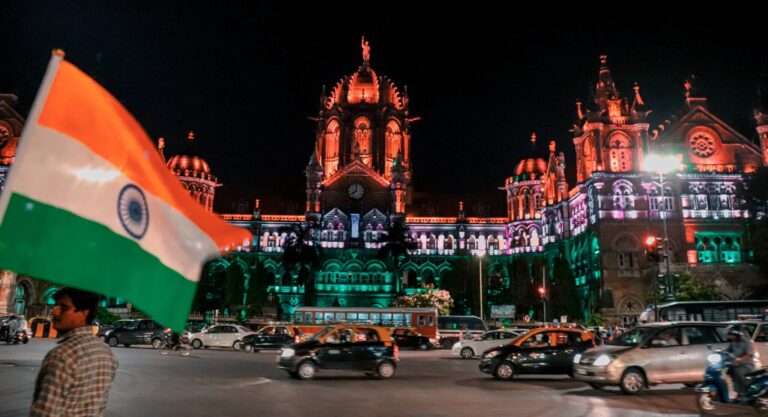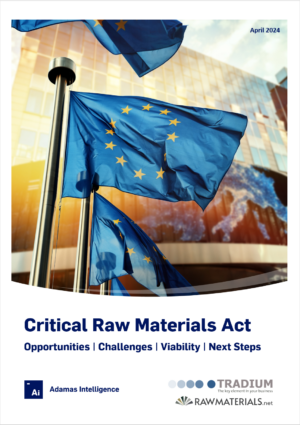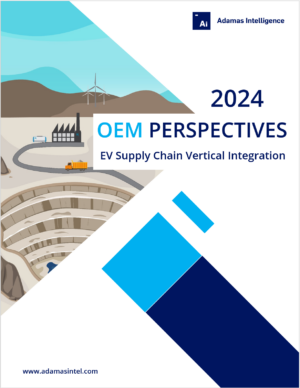India’s largest power utility looking for lithium, nickel, cobalt assets abroad

NTPC looking abroad for critical battery metals
The mining division of India’s largest electricity utility NTPC is planning investments outside the country’s borders to source so-called critical minerals, specifically mentioning lithium, cobalt and nickel used in EV batteries and energy storage systems, Reuters reported on Monday. NTPC plans to double power generation output to 130 GW over the next decade while sharply reducing its reliance on fossil fuels, which today are responsible for 92% of its generation capacity.
This is the second such initiative in the country. In 2021, India’s National Aluminium Company and Hindustan Copper and Mineral Exploration Corporation formed a joint venture with the same mandate called Khanji Bidesh India, which translates from the Hindi as “minerals abroad India”. To date no deals have been announced beyond non-binding information sharing and due diligence memoranda with lithium explorers in South America.
India is also pursuing various trade agreement with resource-rich countries such as Australia, Argentina, Chile and Canada. On Monday, India’s coal and mines minister held talks with the premier of Canada’s Yukon territory to bring about closer co-operation in building global critical mineral supply chains.
India does not feature on the U.S. Geological Survey’s 2023 list of countries with known lithium reserves, but the agency’s Indian counterpart said in 2021 that lithium reserves of nearly 6 million tonnes were discovered in Jammu and Kashmir, India’s northernmost state. India has no operating lithium mines, and the country is not a meaningful producer of nickel or cobalt.
Relative to the size of its population, India’s electric car market is vastly underdeveloped with fewer than 90,000 EVs registered inside the country in 2023. It places the Indian market at no 13 in terms of sales, below Sweden and just ahead of Canada.
In the first seven months of the year, data from the Adamas Intelligence EV Battery Capacity and Battery Metals Tracker shows that less than 1,000 tonnes of lithium carbonate equivalent (LCE) were deployed in the batteries powering newly-sold EVs in India. Nickel tonnes deployed were below 300 and only about 100 tonnes of cobalt made it into battery packs. This scant battery metals deployment is also a reflection of the fact that less than half of EVs registered in India in 2023 to-date were full-electric passenger vehicles – whereas plug-in hybrids and conventional hybrids typically use smaller batteries.





